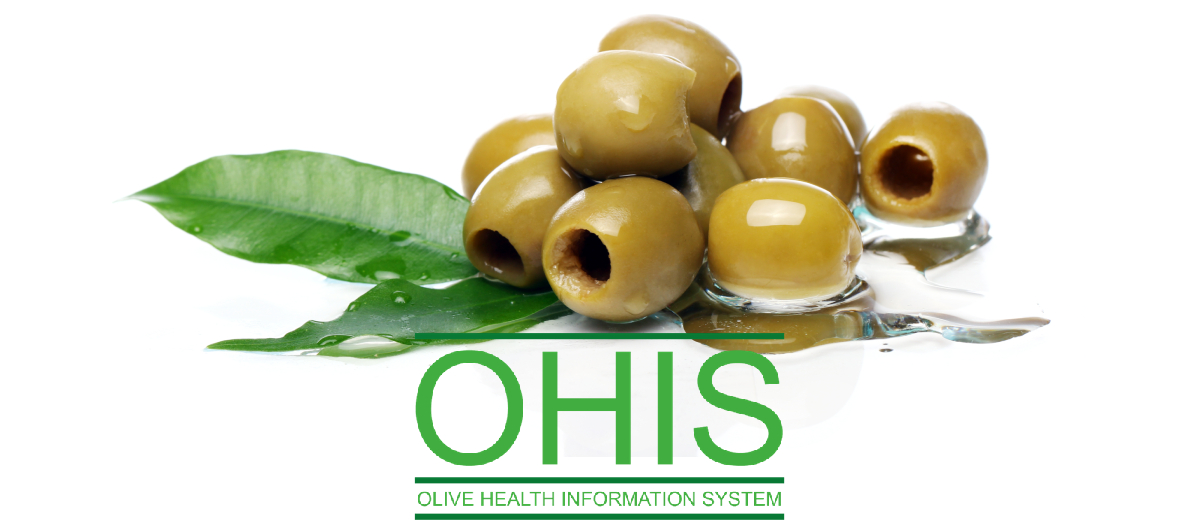This week we first focus on a systematic review and meta-analysis that looks at the effect of olive oil consumption on body fat distribution in adults. The study’s findings suggest that olive oil consumption (for cooking or as a supplement) is associated with a favorable impact on body fat levels, as its intake is inversely related to body fat accumulation. The anti-obesity properties of olive oil are attributed to its unique composition of monounsaturated fatty acids, antioxidants, and anti-inflammatory compounds. The researchers go on to highlight the potential mechanisms underlying the observed effects of olive oil on body fat. These include enhanced satiety, improved lipid metabolism, increased thermogenesis, and modulation of adipokine secretion. Additionally, olive oil’s ability to promote the growth of beneficial gut bacteria is considered a contributing factor in its impact on body fat reduction. Despite the overall positive association between olive oil consumption and body fat regulation, further research is needed to establish causal relationships and investigate potential confounding factors.
The second study we zoom in on investigates the relationship between polyphenol intake and mortality rates in a population-based cohort in Spain (ENRICA). As we know, polyphenols are one of the most abundant dietary bioactive compounds in plants and can be found in different foods, including olive oil. Polyphenols have been previously associated with reduced risk of chronic diseases, including cardiovascular disease (CVD), cancer, and neurodegenerative disorders. Additionally, polyphenols may modulate gut microbiota composition, further influencing overall health outcomes. In the present study, researchers showed a significant association between higher polyphenol intake and reduced mortality rates. This association remained significant even after adjusting for various confounding factors such as age, sex, body mass index, smoking status, and overall diet quality. Additionally, specific subclasses of polyphenols and their potential effects on mortality were analyzed. Tyrosol, for instance, which mainly comes from olive oil, showed a protective association with a lower all-cause mortality risk of 20%, and a non-significant lower CVD mortality risk of 29%. Overall, the present study suggests that a diet rich in polyphenol-containing foods may contribute to improved health and longevity. Nonetheless, further research is recommended to confirm these findings and explore the specific mechanisms by which polyphenols exert their beneficial effects on mortality.
Click HERE to see the latest posts…










